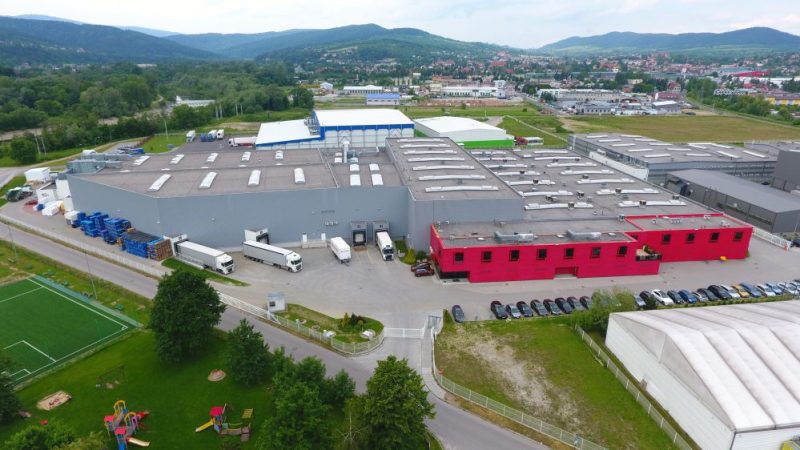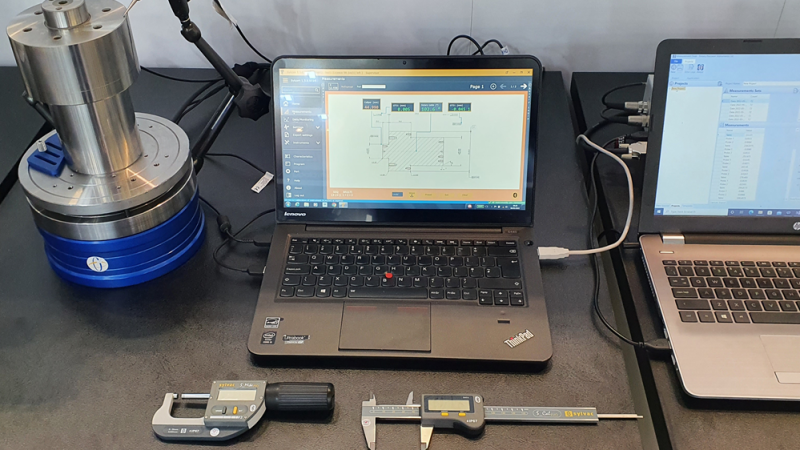Precision testing is a critical aspect of industrial operations, ensuring quality, consistency, and efficiency across production lines. Advanced technologies enable industries to meet stringent standards, optimise processes, and deliver reliable products. These tools have become indispensable in navigating the complexities of modern manufacturing, offering practical solutions for various sectors. Keep reading to find out more.
How Precision Testing Shapes Industry Success
The use of precision testing technologies enables industries to maintain high standards across their operations. Testing helps identify material inconsistencies, detect impurities, and monitor critical production parameters. These capabilities are indispensable in sectors where errors can have significant financial, legal, or safety consequences.
For example, pharmaceuticals depend on precision testing to verify the purity of ingredients, monitor drug stability, and meet stringent regulatory requirements. Similarly, food producers use it to ensure ingredient authenticity, safeguard consumer safety, and maintain brand trust.
Chemical manufacturers also rely on precision tools to optimise reactions, improve efficiency, and minimise waste. These tools enable real-time analysis, allowing for quick process adjustments and helping businesses achieve greater productivity and environmental compliance.
Advanced Analytical Tools in Action
Modern analytical tools, such as Raman spectrometers, play a key role in enabling precision testing. By providing detailed molecular information, these instruments are invaluable across a wide range of applications. Their versatility allows them to be used for tasks such as identifying contaminants, ensuring product consistency, and analysing complex materials.
One significant advantage of these tools is their ability to deliver rapid and reliable results. In industries with tight production schedules, this speed ensures that operations remain uninterrupted while maintaining high levels of accuracy.
Additionally, Raman devices that cater to various industries have proven especially valuable in addressing specific testing needs. Their adaptability and precision make them a preferred choice for businesses looking to optimise their processes while meeting rigorous quality standards.
Sector-Specific Applications of Precision Testing
Different industries use precision testing to address their unique challenges. Tailored tools and methods ensure that businesses can achieve their specific objectives efficiently, and here’s how:
Pharmaceuticals: Ensuring Safety and Efficacy
Testing is vital in the pharmaceutical sector for ensuring the safety and efficacy of drugs. From raw materials to finished products, every stage of production requires stringent testing to comply with regulatory requirements. Advanced tools detect impurities, verify ingredient consistency, and monitor the stability of formulations, ensuring that medicines meet the highest standards.
Food and Beverage: Guaranteeing Quality
Food producers depend on precision testing to verify product safety and authenticity. These tools identify contaminants, confirm ingredient sources, and ensure compliance with food safety regulations. By implementing robust testing systems, producers can protect consumers while enhancing their reputation for quality.
Chemical Manufacturing: Optimising Processes
The chemical industry uses precision testing to monitor reactions, analyse materials, and ensure consistency in production. Advanced tools provide real-time insights, allowing manufacturers to optimise processes and reduce waste. This improves efficiency and helps meet environmental and regulatory standards.
Environmental Monitoring: Supporting Sustainability
Environmental monitoring relies on precision testing to detect pollutants in air, water, and soil. These tools play a crucial role in assessing ecological impacts and ensuring compliance with environmental regulations. Their ability to measure trace levels of harmful substances makes them indispensable in sustainability efforts.
Benefits of Precision Testing Technologies
The adoption of advanced testing technologies offers numerous benefits for industries:
- Improved Efficiency: Real-time data allows businesses to make swift adjustments, reducing downtime and improving productivity.
- Enhanced Accuracy: Automated systems and modern instruments minimise errors, delivering consistent and reliable results.
- Resource Optimisation: Precision testing reduces material waste and energy consumption, supporting sustainability goals.
By investing in these tools, industries can achieve higher performance levels while meeting the demands of a competitive marketplace.
Preparing for the Future of Testing
As industrial processes continue to advance, so too will the tools used for precision testing. Innovations such as data integration, machine learning, and predictive analytics are transforming the landscape, enabling businesses to gain deeper insights and anticipate challenges before they arise.
Adopting cutting-edge solutions is essential for companies looking to stay ahead. Raman devices that cater to various industries exemplify versatile tools that can address specific needs. These technologies ensure accurate analysis and seamless integration into existing workflows, helping businesses meet their goals efficiently.
A Cornerstone of Industrial Success
Precision testing is more than a technical requirement—it is a cornerstone of industrial success. From improving efficiency to ensuring compliance, these tools empower businesses to deliver high-quality products consistently. By embracing advanced testing technologies, industries can enhance their operations, safeguard their reputation, and meet the challenges of an evolving landscape.







